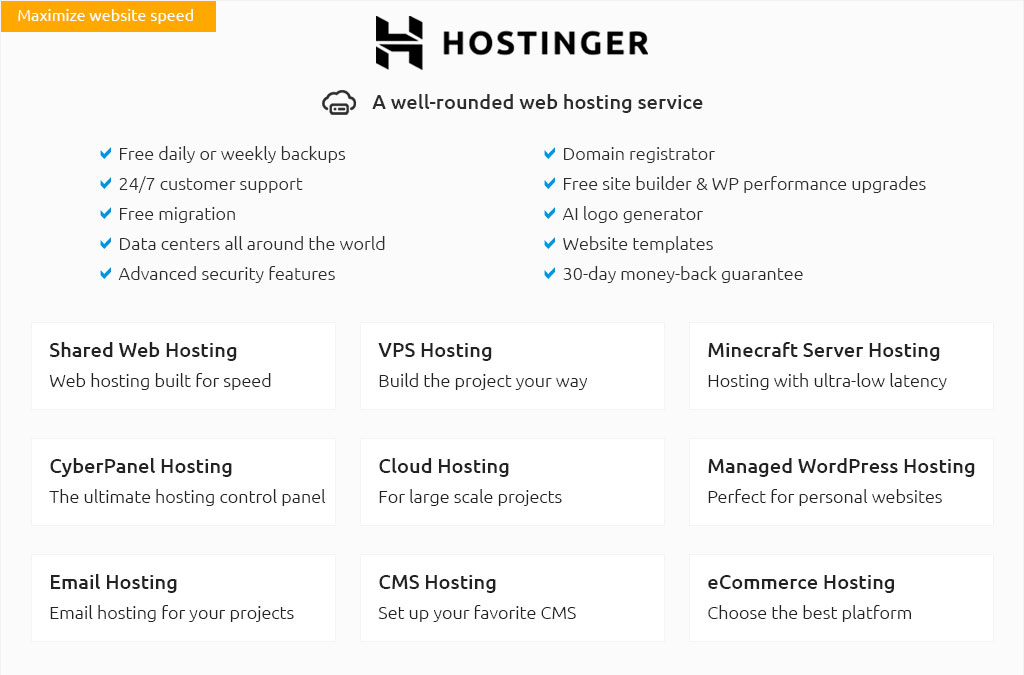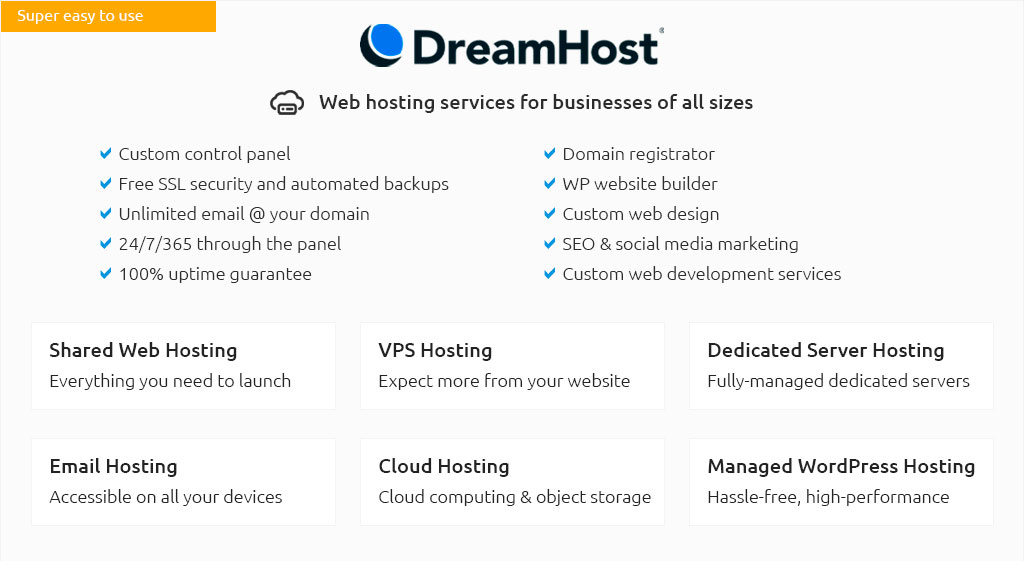 |
|||
 |
 |
 |
|
 |
|
 |
 |
 |
|||
 |
|||
 |
|||
 |
|||
 |
 |
Understanding the Intricacies of Web Host VPSIn the ever-evolving landscape of web hosting, Virtual Private Servers (VPS) stand out as a versatile and increasingly popular choice for businesses and individuals seeking a robust and flexible hosting solution. But what exactly makes VPS a preferred option for many, and how can one navigate the often confusing waters of selecting the right VPS provider? Let's delve into the details, offering insights and subtle opinions to help guide your decision-making process. At its core, a Virtual Private Server is a virtualized environment that acts as a dedicated server within a larger, physical server. This means that while you share the physical hardware with other VPS clients, your virtual environment is isolated, ensuring you have dedicated resources such as CPU, RAM, and disk space. This isolation not only enhances performance and reliability but also provides a significant degree of control and customization, akin to having your own dedicated server but at a fraction of the cost. One might wonder, why not simply opt for shared hosting or go all out with a dedicated server? The answer lies in the balance of cost, performance, and control. Shared hosting, while economical, often comes with limitations on resources and a lack of customization. On the other hand, dedicated servers, though powerful, can be prohibitively expensive for many users. This is where VPS strikes a perfect middle ground, offering a blend of affordability and performance that can cater to a wide range of needs. Choosing the right VPS provider requires careful consideration of several key factors. First and foremost, assess the level of technical support offered. A provider that offers round-the-clock customer service can be invaluable, particularly if you're not a seasoned IT professional. Secondly, consider the scalability options. As your business grows, so too might your hosting needs. Opt for a provider that offers seamless upgrades without the hassle of migration. Security features are also paramount. Ensure the provider employs robust security measures, including firewalls, DDoS protection, and regular backups, to safeguard your data. Performance metrics should not be overlooked. Pay attention to the server's uptime guarantee and the network bandwidth offered. A reliable VPS provider will typically offer at least a 99.9% uptime guarantee, ensuring your website remains accessible to users. Furthermore, investigate the virtualization technology used; technologies such as KVM and VMware are known for their stability and performance.
Ultimately, the decision to choose a VPS hosting solution should be guided by your specific needs and circumstances. Whether you are running a small blog, an e-commerce site, or a complex web application, the flexibility and power of VPS can provide the foundation for a successful online presence. By carefully evaluating your options and considering the factors outlined above, you can find a VPS provider that not only meets your immediate needs but also supports your future growth. https://us.ovhcloud.com/vps/
A virtual private server (VPS) is used for hosting websites (e-commerce, content, visual media) and software applications (portals, extranets, collaborative ... https://aws.amazon.com/what-is/vps/
A virtual private server (VPS) is a machine that hosts all the software and data required to run an application or website. https://www.databasemart.com/vps-hosting?srsltid=AfmBOorQQwWlCmgiqPjvZRvJ4koeuCVVJtZLFfFKmHd5LOYg-MZ6zG3t
VPS is short for Virtual Private Server. Virtual server hosting is a hosting solution for websites and applications, where server resources are isolated for ...
|